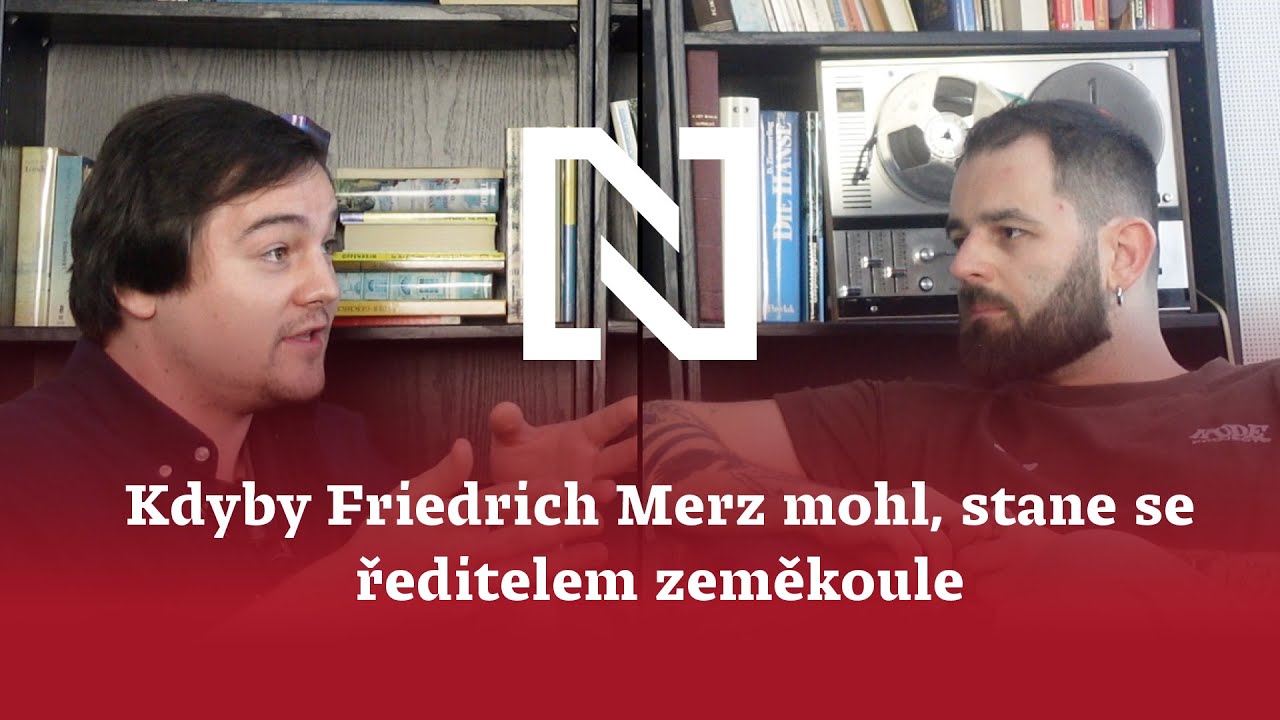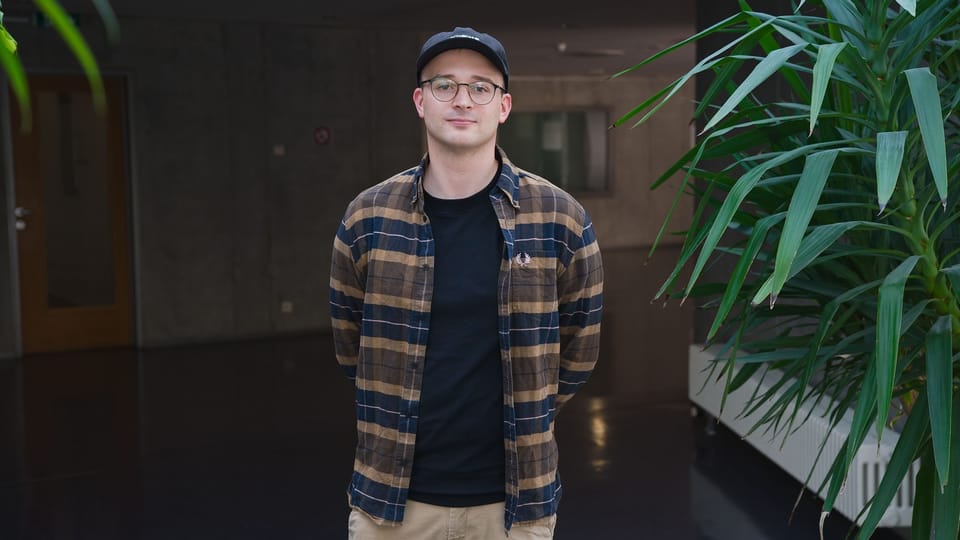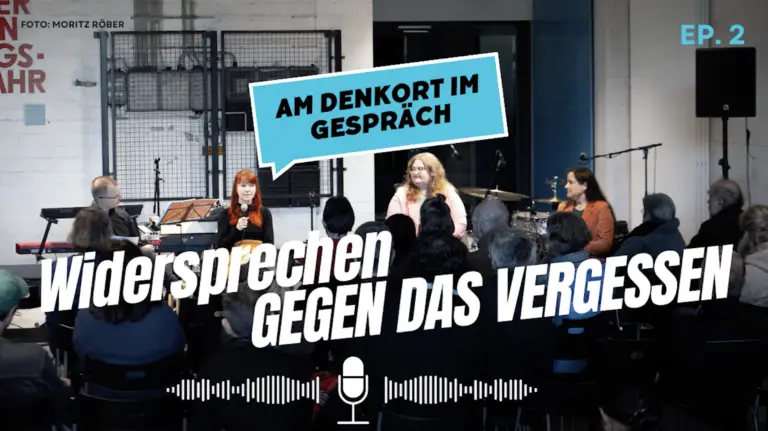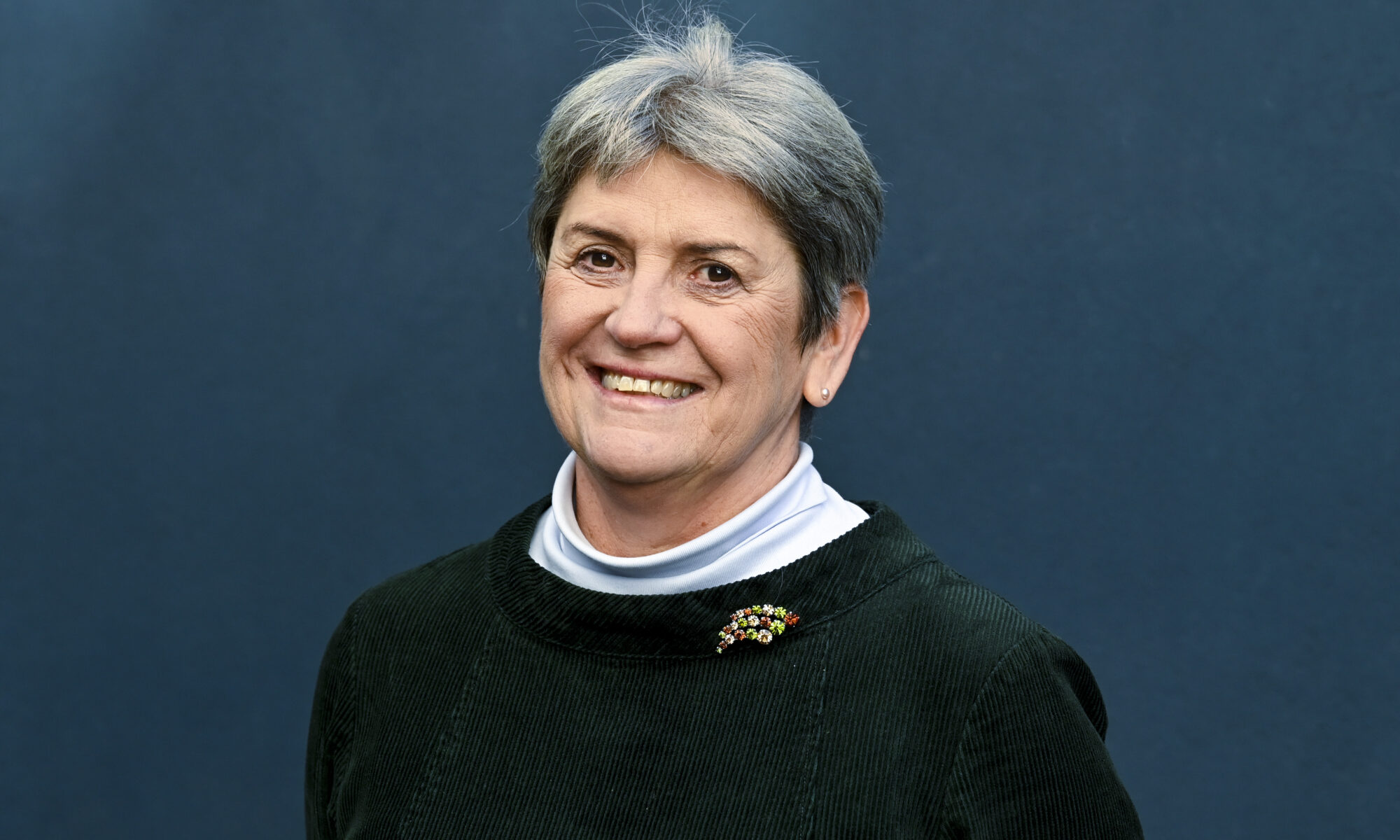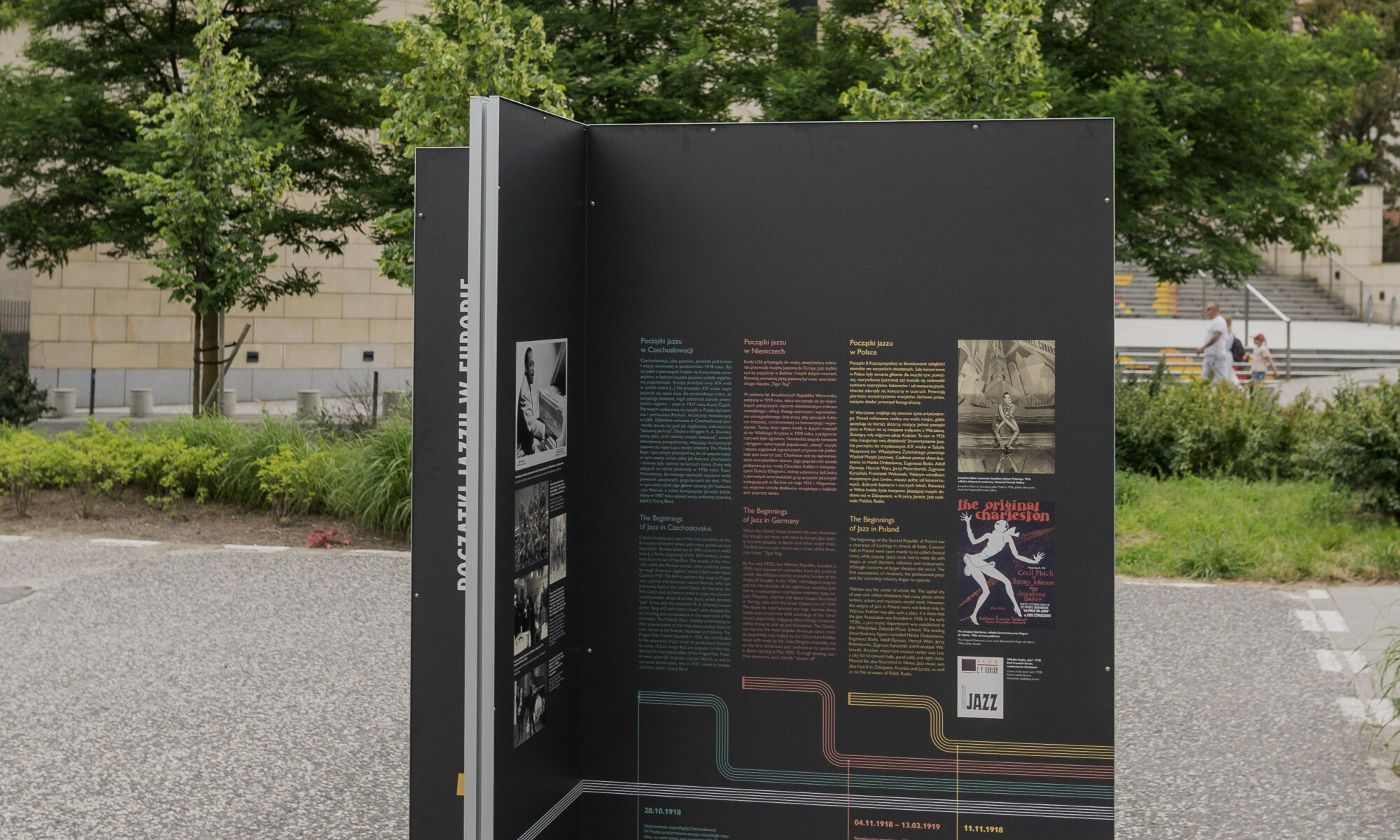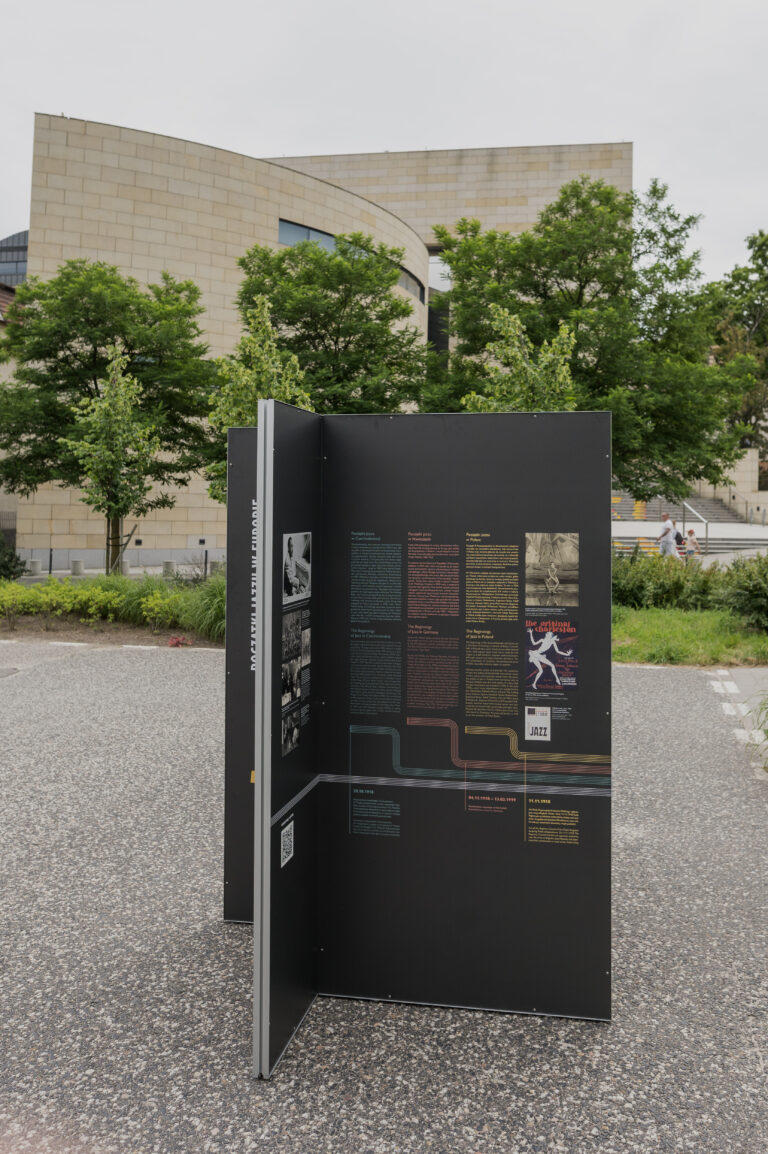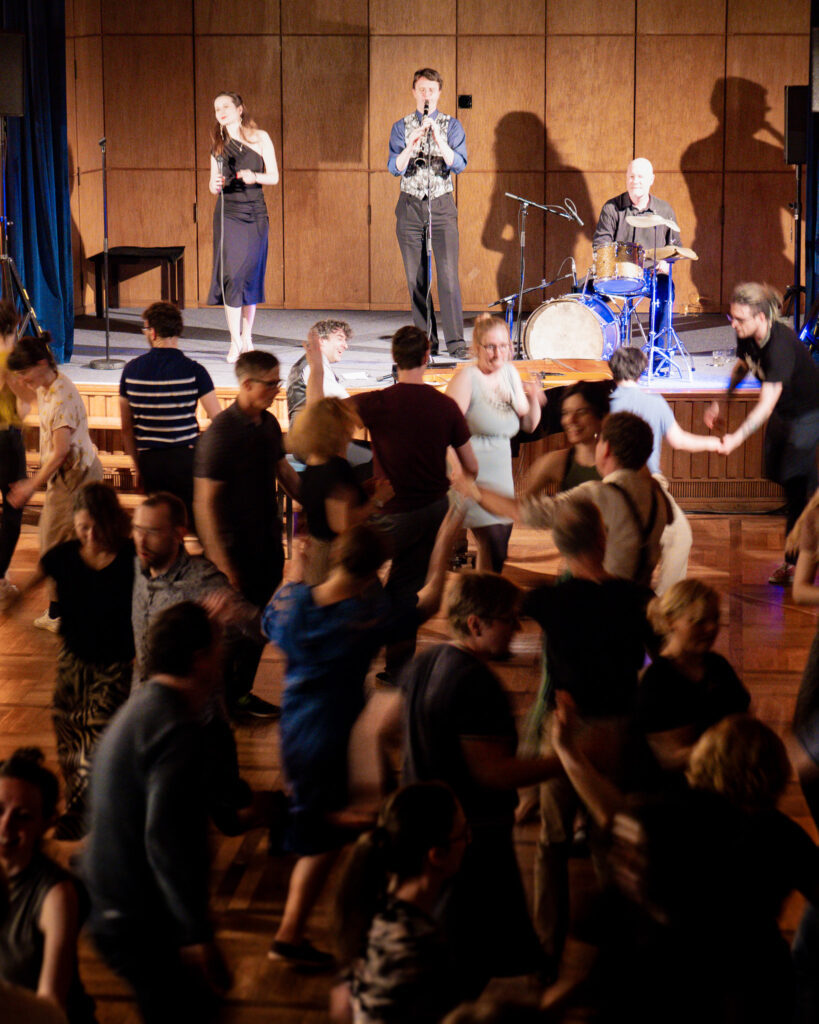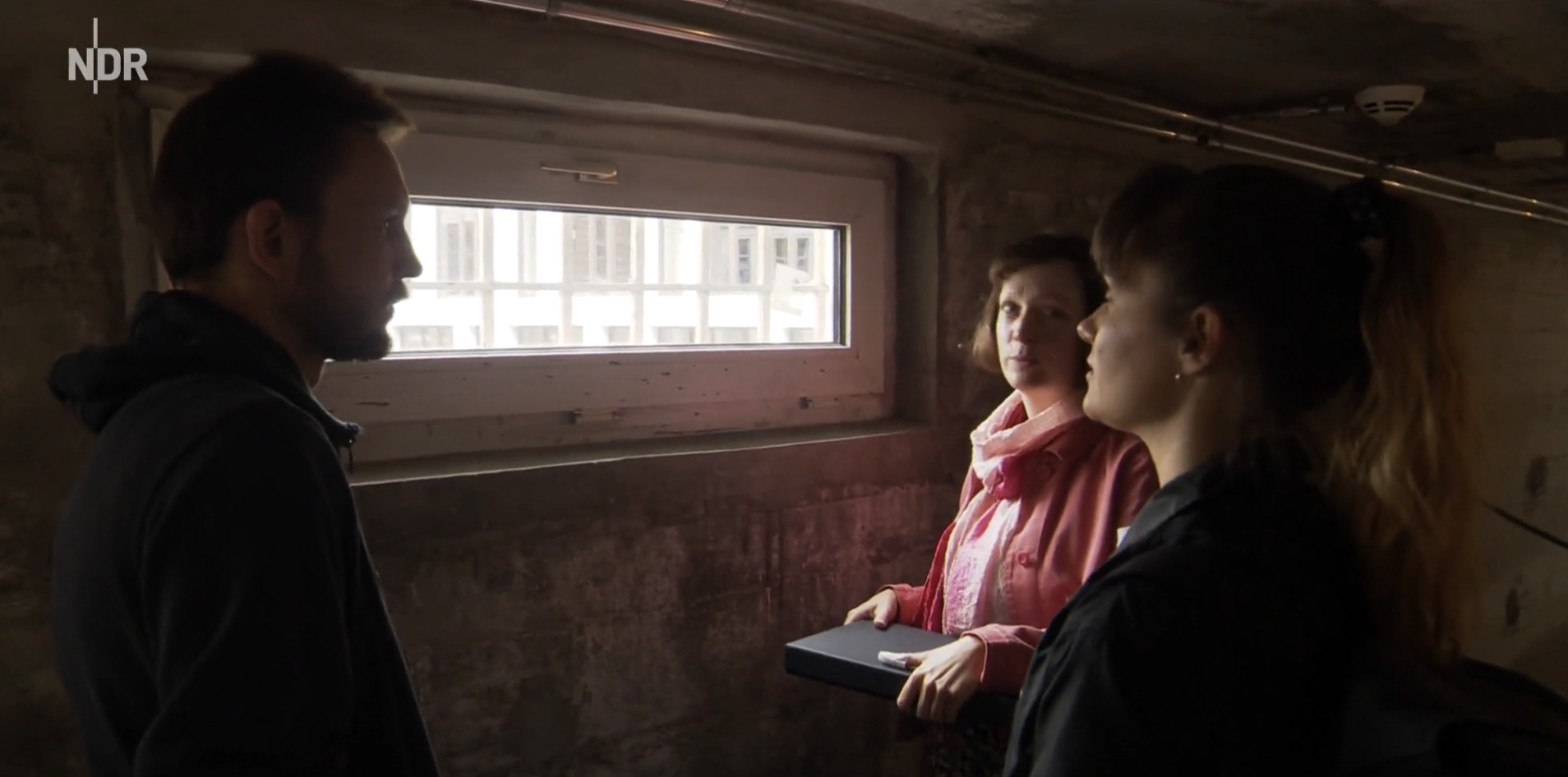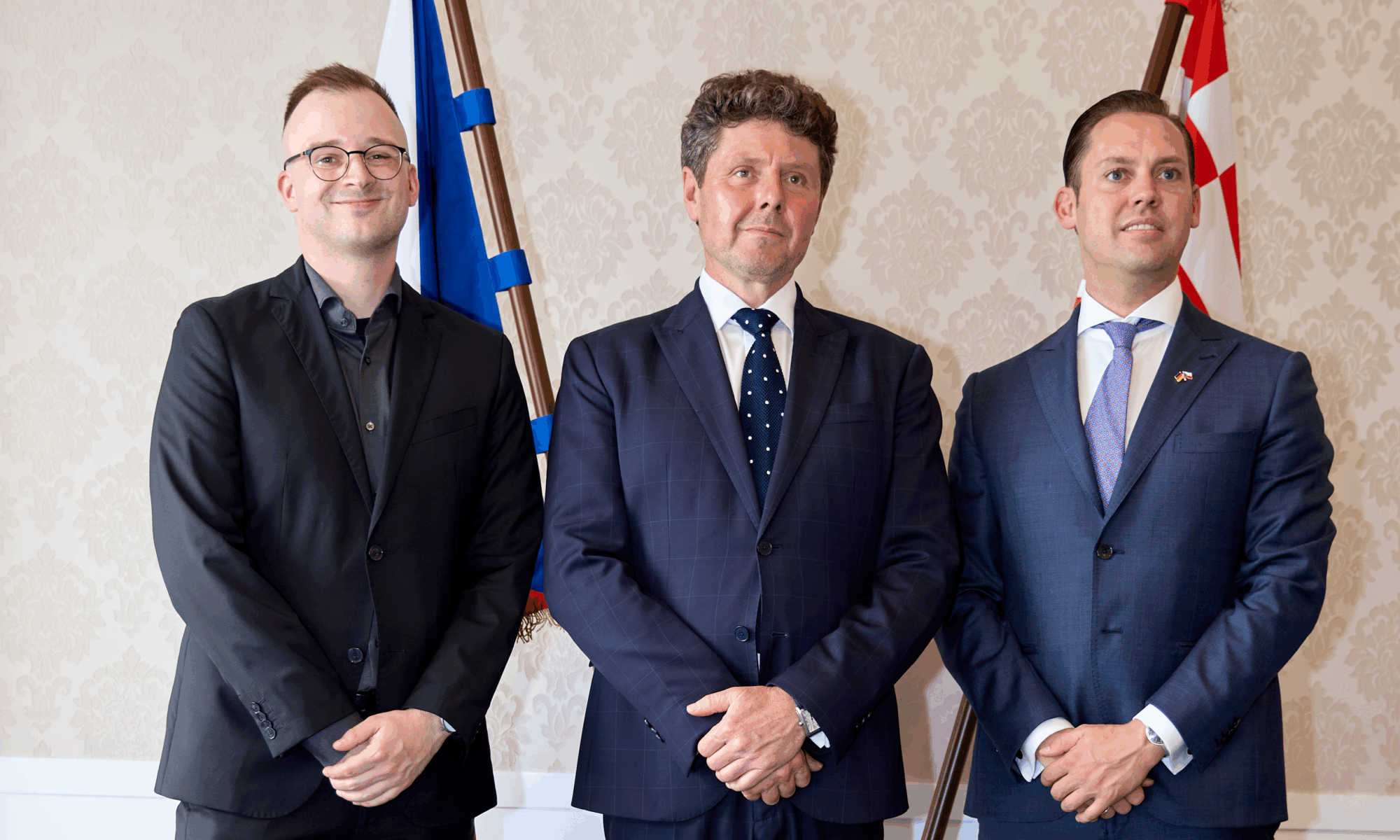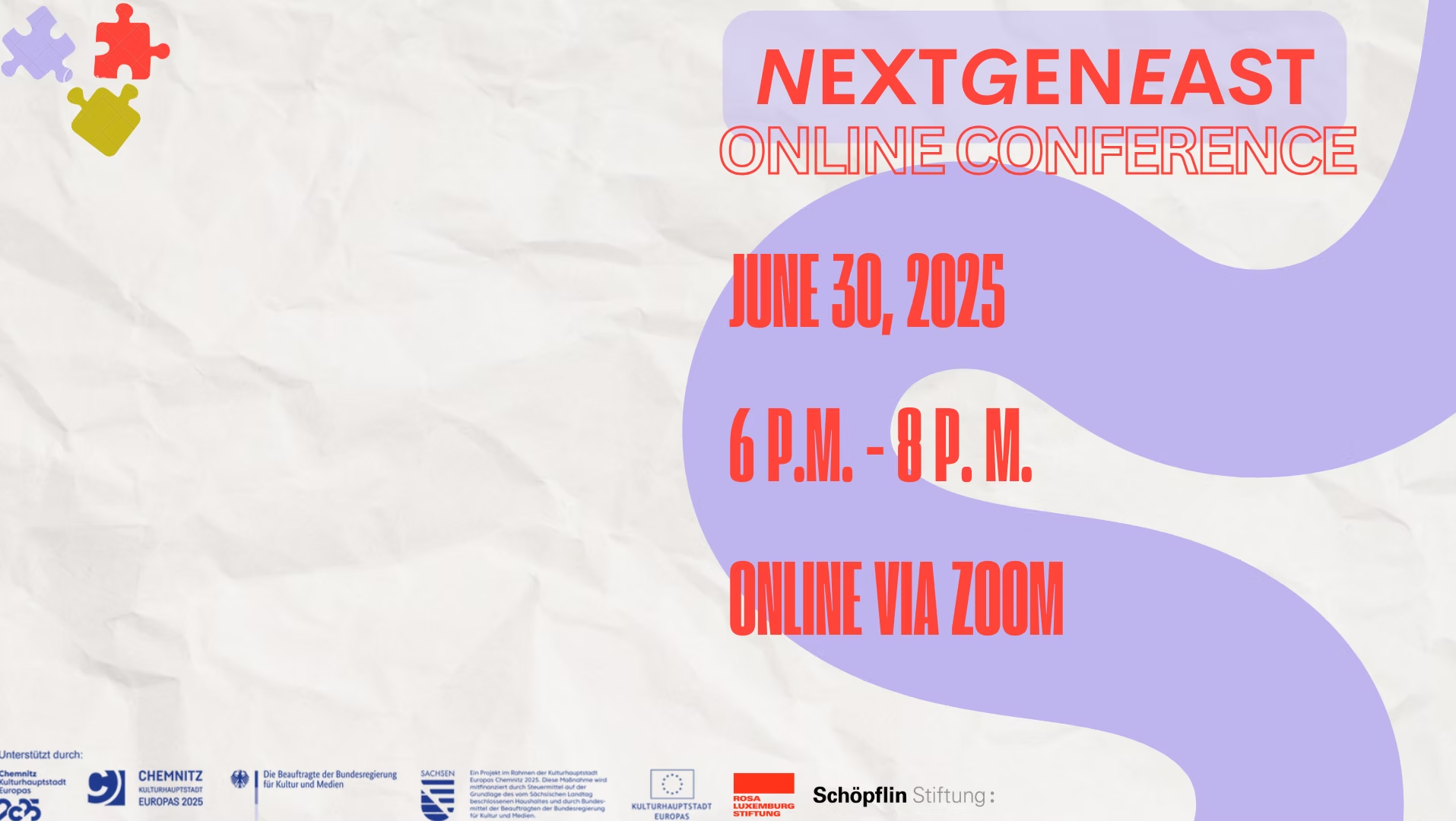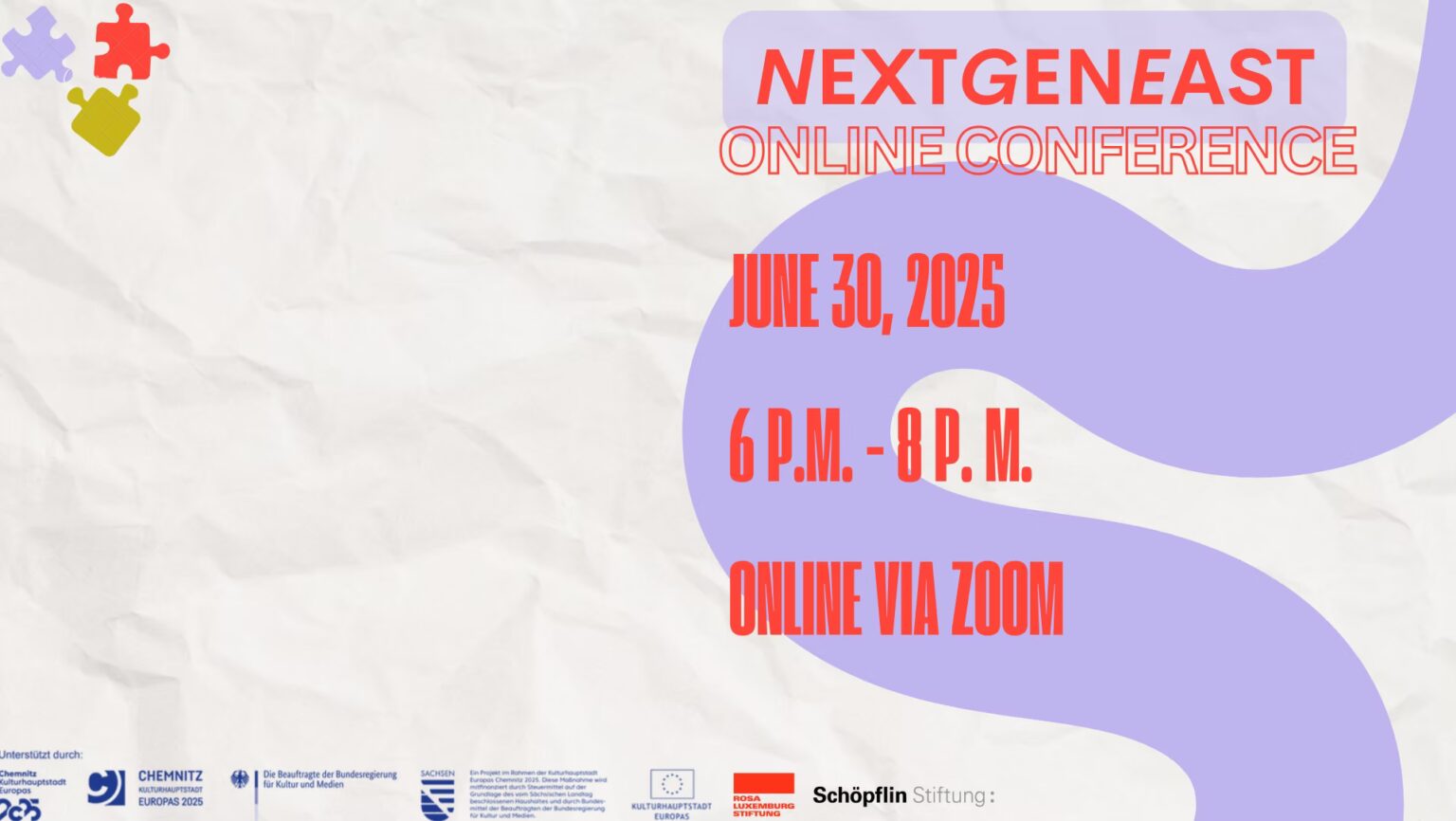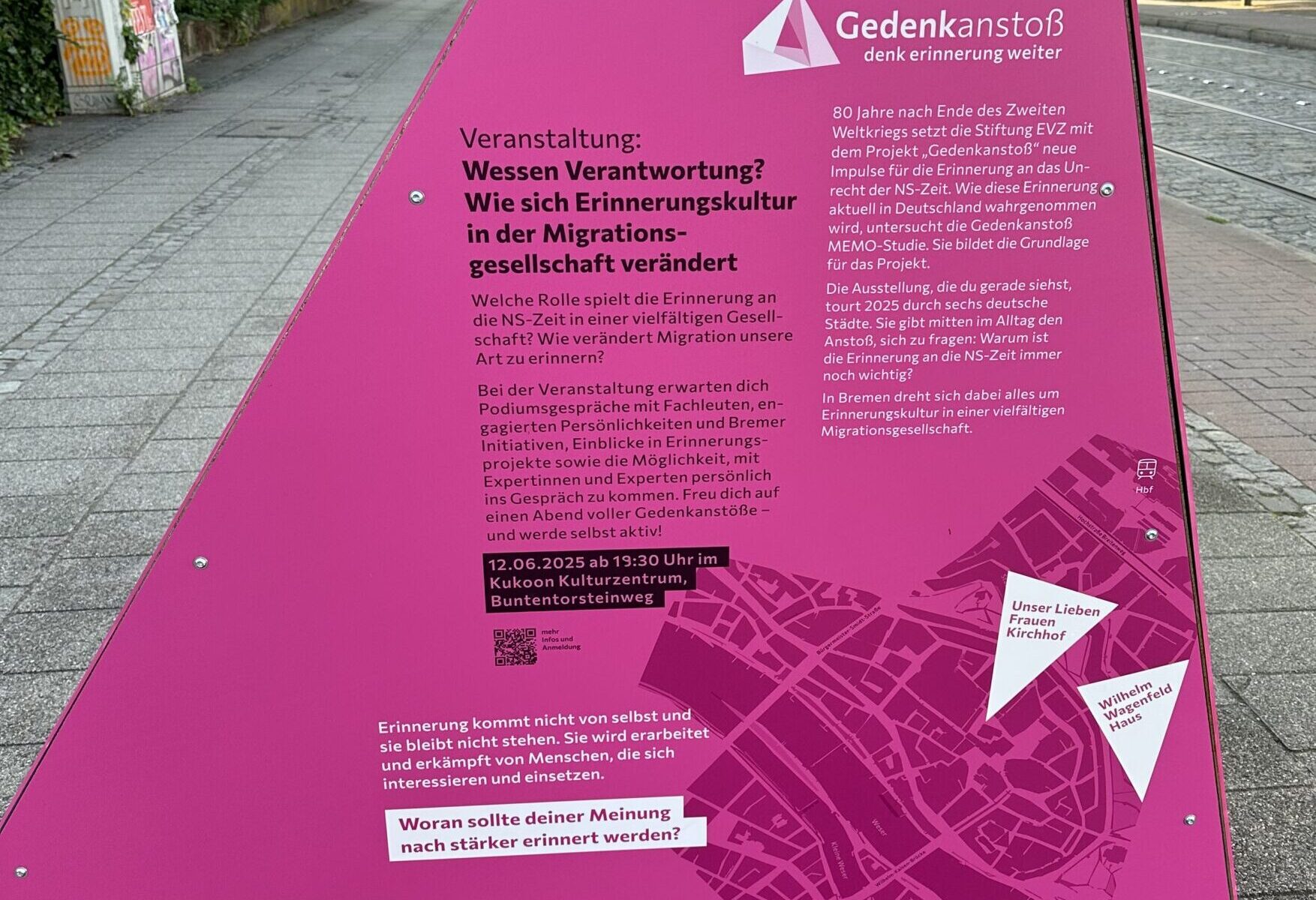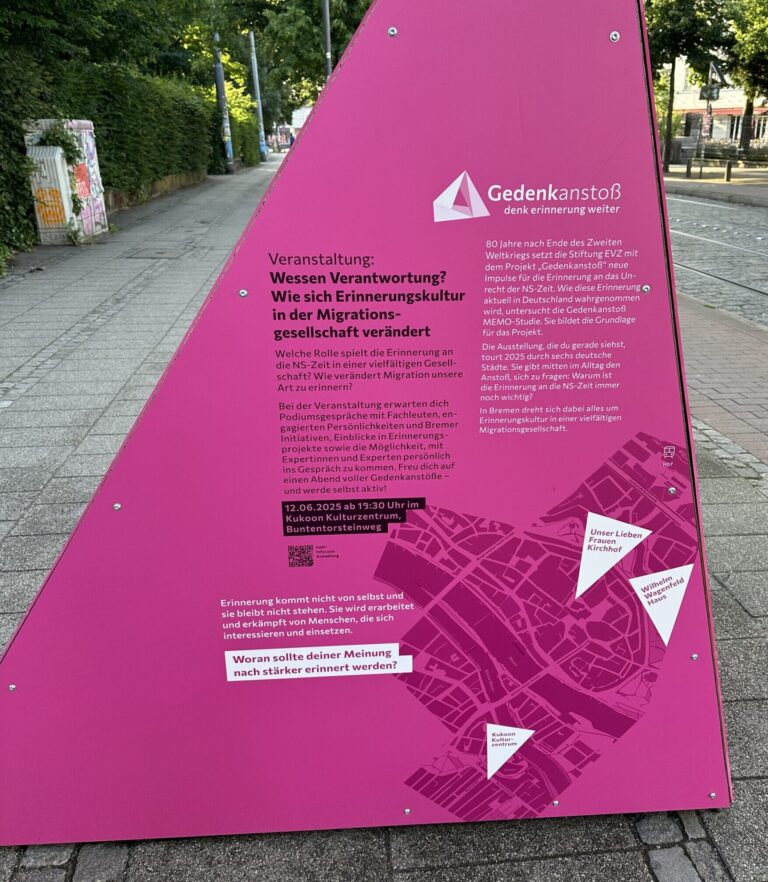The Collision of Freedom
Nazi persecution of Czech, German and Polish swing dancers and jazz musicians
Trinational exhibition from August 22 to September 14, 2025
Gallery of the University of the Arts (HfK)
Dechanatstrasse 13-15
28195 Bremen
Accompanying program:
August 22, 7 p.m. Exhibition opening with partners from the Czech Republic and Poland, in the HfK gallery
Afterwards: live music by Jakub Šafr & swing trio Avalon with social dance, DJane Eléna Wendt (Swing Man Tau) until 11 pm
Venue: Gallery of the HfK
24 August, 3 p.m. Lecture by Dr. Šárka Jarská on the persecution of Czech jazz musicians and the Czech swing youth by the Nazi regime
Afterwards: Tea Dance
Venue: Evangelische Studierendengemeinde Oldenburg, Schützenweg 40, 26129 Oldenburg
September 5, from 7 p.m. Bremen Babylon Bohème, the dance night at Bali’Ku with original swing shellac records by DJ Guido Bolero
Venue: Bali’Ku, Werderstraße 60, 28199 Bremen
September 6 & 13 2 p.m. Swing Walk: City tour in the footsteps of Bremen’s swing youth
Meeting point: in front of City 46, Birkenstraße 1, 28195 Bremen
September 6, 7 p.m. Film screening “Django – A Life for Music”, preceded by a film discussion with Django Heinreich Reinhard and Giovanni Steinbach, moderated by Natalie Reinsch (BBfd-tZ)
Venue: Gallery of the HfK
September 10, 7 p.m. Theater performance: “Gegen das, was da oben ist” – a documentary collage with motifs from “Swinging Bremen” by Birgit Köhler with the performing arts course of Helene Finck (Altes Gymnasium Bremen)
Venue: Gallery of the HfK
September 12, 7 p.m. Talk about Sinti Swing with Dardo Balke and Nico Thom, followed by a concert by the Dardo Balke Ensemble with Social Dance
Venue: Gallery of the HfK
